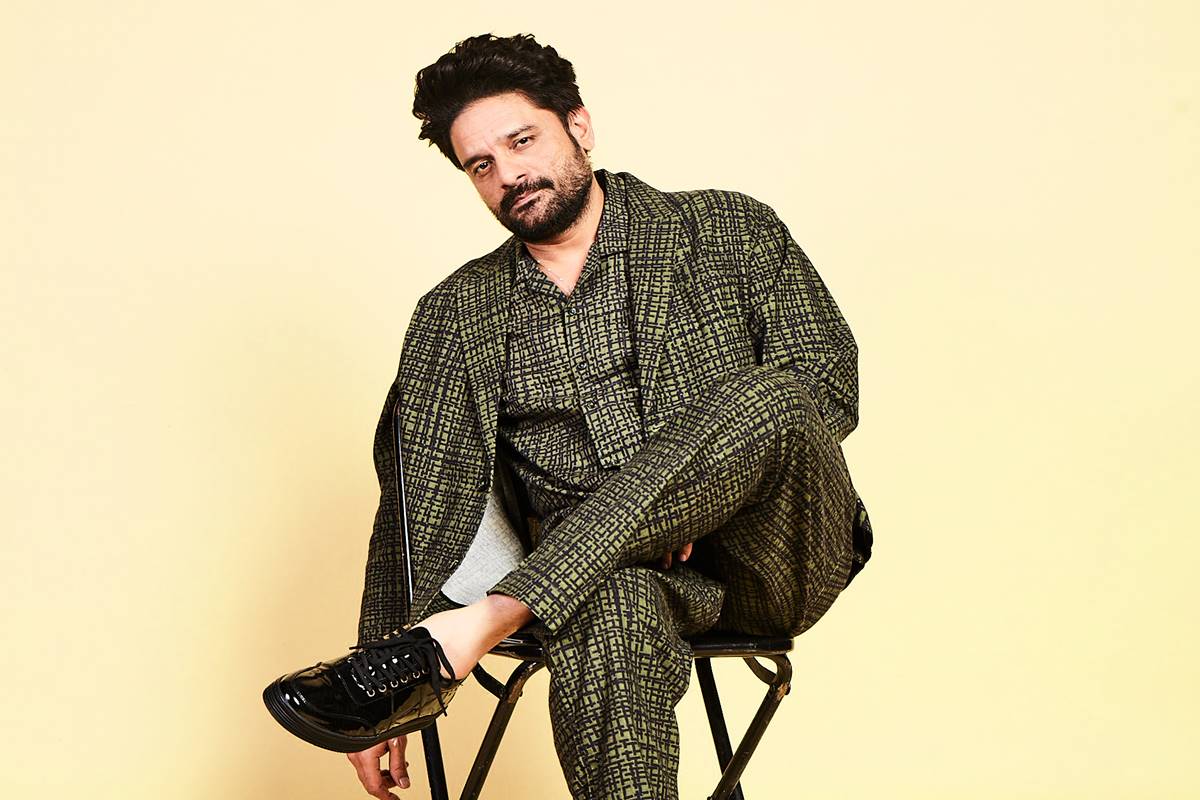Ila Arun calls Vidya Balan the modern-day Meena Kumari
Ila Arun praises Vidya Balan and her acting prowess at Mumbai LitFest, highlighting her role in 'Parineeta' and 'Begum Jaan'. Details inside.
Jaideep Ahlawat shares his early Mumbai commuting challenges, humorously recalling his decision to skip the bus to prioritize comfort.

Actor Jaideep Ahlawat (Image Source: Instagram)
Jaideep Ahlawat has made a name for himself as an accomplished actor in Hindi cinema. He has been making waves for over a decade, recently appearing in Junaid Khan’s debut film, ‘Maharaj’. Best known for his standout role in Anurag Kashyap’s ‘Gangs of Wasseypur’, Jaideep proved that he is here to stay!
Ahlawat made his Bollywood debut in 2010 with a role in ‘Khatta Meetha’, followed by another in Ajay Devgn’s ‘Aakrosh’. Over the years, he has built a reputation for his versatile performances, capturing audiences’ attention in projects such as ‘Raazi’, ‘Paatal Lok’, and ‘Jaane Jaan’.
In a recent interview, Jaideep Ahlawat reflected on his early days navigating the bustling streets of Mumbai. He spoke fondly of that time, recalling the challenges of commuting in a city known for its chaotic public transport. During his early career, he often took the bus to save money, a decision that came with its own set of struggles.
Advertisement
“I once took the bus from Malad to Infiniti Mall, and I remember getting drenched in sweat,” Ahlawat shared. The humid climate and unpredictable rain often made traveling a physically demanding task. He humorously labeled the experience as “regular exercise”.
View this post on Instagram
It brought him discomfort. He vividly recalled one particular day when he decided that the bus would no longer be part of his commuting routine. “On that day, after sweating it out in the bus, I made a promise to myself that I wouldn’t take that mode of transport again. I thought to myself, ‘I’ll skip one chapatti from my meal, but I can’t go through that again,’” he recounted.
While waiting in the mall to cool off after his bus ride, Ahlawat maintained a positive outlook on his early experiences. He didn’t view them as burdens but rather as essential steps in his journey.
Advertisement